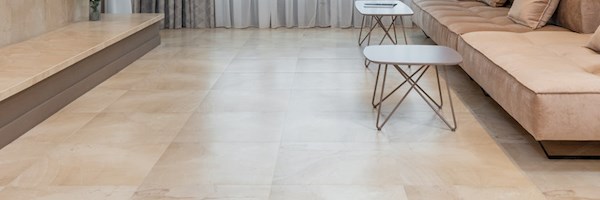Though it is considered commonplace in some households to own property, for others, homeownership is a dream that many aspire to achieve. Many modern buyers are the first to own property within their family and have done so despite their parents being unable to provide financial support through intergenerational wealth.
“Entering the real estate market without having anyone to stand as surety for debt or to help carry the costs of living while saving up for a deposit, bond registration fees, transfer duties, and other related costs, is no easy feat. For this reason, first generation homeowners tend to face a far more challenging journey into homeownership. They are often also faced with the double-edged sword of having to support the rest of the family as well as cover the costs of owning the home,” says Amanda Cuba, co-regional owner and COO of RE/MAX of Southern Africa.
To understand just how common the homeownership trend is in South Africa, a report published in Lightstone Property’s July newsletter states there is only one formal (deeds registered) property for every 2.5 households living in South Africa. The Stats SA General Household survey for 2019 reveals that 12,7% of the population lives in informal dwellings and 35,4% live in homes that are either rented or occupied rent-free. This points to a large portion of the population who have never owned (or possibly even lived in) their own formal, deed’s registered home.
Although far from where we ought to be, we are still experiencing positive change in this regard. The same Lightstone report also states that ‘black females own 215 000 more properties in 2021 than the 690 000 owned in 2011’. The General Household Survey also states that 57,1% of RSA live in homes that they owned and fully paid off.
“While challenging, homeownership is possible for first-generation buyers. To make things somewhat more manageable, those with a household income of between R3 501 to R22 000 could apply for a housing subsidy through the FLISP programme, which is designed for first-time home buyers to assist with purchasing a home,” Cuba suggests.
Beyond this, first-generation home buyers might benefit from having a conversation with a real estate professional to seek out some advice around homeownership and property investments. “An overlooked aspect of first-generation homeownership is the lack of knowledge transfer from parent to children. Those who have grown up in homes where parents owned property are more likely to be familiar with some of the concepts around owning property. For those who are unfamiliar with homeownership, it could be helpful to chat to a professional to get some free advice on the topic,” Cuba suggests.
As a final word of advice, Cuba encourages young buyers never to give up on their dreams of homeownership. “Through careful spending and good saving habits, homeownership may well be within grasp,” she concludes.
